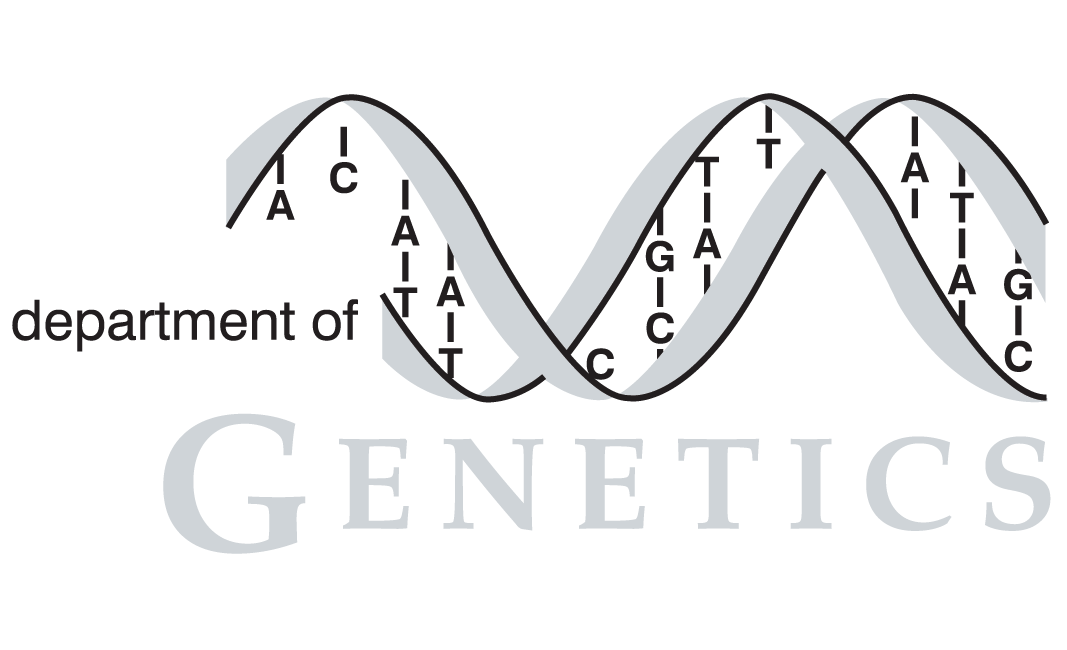| Citation | Albulescu LO, Sabet N, Gudipati M, Stepankiw N, Bergman ZJ, Huffaker TC, Pleiss JA. A quantitative, high-throughput reverse genetic screen reveals novel connections between Pre-mRNA splicing and 5' and 3' end transcript determinants. PLoS genetics, 2012. |
| PubMed ID | 22479188 |
| Short Description | A quantitative, high-throughput reverse genetic screen reveals novel connections between Pre-mRNA splicing and 5' and 3' end transcript determinants. |
| # of Conditions | 12 |
Full Description

|
Here we present the development and implementation of a genome-wide reverse genetic screen in the budding yeast, Saccharomyces cerevisiae, that couples high-throughput strain growth, robotic RNA isolation and cDNA synthesis, and quantitative PCR to allow for a robust determination of the level of nearly any cellular RNA in the background of ~5,500 different mutants. As an initial test of this approach, we sought to identify the full complement of factors that impact pre-mRNA splicing. Increasing lines of evidence suggest a relationship between pre-mRNA splicing and other cellular pathways including chromatin remodeling, transcription, and 3' end processing, yet in many cases the specific proteins responsible for functionally connecting these pathways remain unclear. Moreover, it is unclear whether all pathways that are coupled to splicing have been identified. As expected, our approach sensitively detects pre-mRNA accumulation in the vast majority of strains containing mutations in known splicing factors. Remarkably, however, several additional candidates were found to cause increases in pre-mRNA levels similar to that seen for canonical splicing mutants, none of which had previously been implicated in the splicing pathway. Instead, several of these factors have been previously implicated to play roles in chromatin remodeling, 3' end processing, and other novel categories. Further analysis of these factors using splicing-sensitive microarrays confirms that deletion of Bdf1, a factor that links transcription initiation and chromatin remodeling, leads to a global splicing defect, providing evidence for a novel connection between pre-mRNA splicing and this component of the SWR1 complex. By contrast, mutations in 3' end processing factors such as Cft2 and Yth1 also result in pre-mRNA splicing defects, although only for a subset of transcripts, suggesting that spliceosome assembly in S. cerevisiae may more closely resemble mammalian models of exon-definition. More broadly, our work demonstrates the capacity of this approach to identify novel regulators of various cellular RNAs. |
Tags
 |
Contact: sgd-helpdesk@lists.stanford.edu


